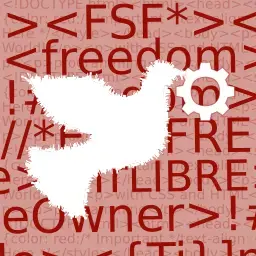

I’d say to ignore the platform licensing and just make sure that the license appears in the media itself (which it should, anyway, in case anybody finds it randomly) and marked in descriptions.
YouTube seems interesting, because there’s so much garbage listed as CC-BY that almost certainly doesn’t have any legitimate permission for it, and I’ve never found actual Creative Commons content through that route, so that probably informs my “just ignore it” thinking…






I can’t vouch for anything about it, since I’ve never done more than look and bookmark the page, but Vidzy at least exists and has an instance that plays one short video…